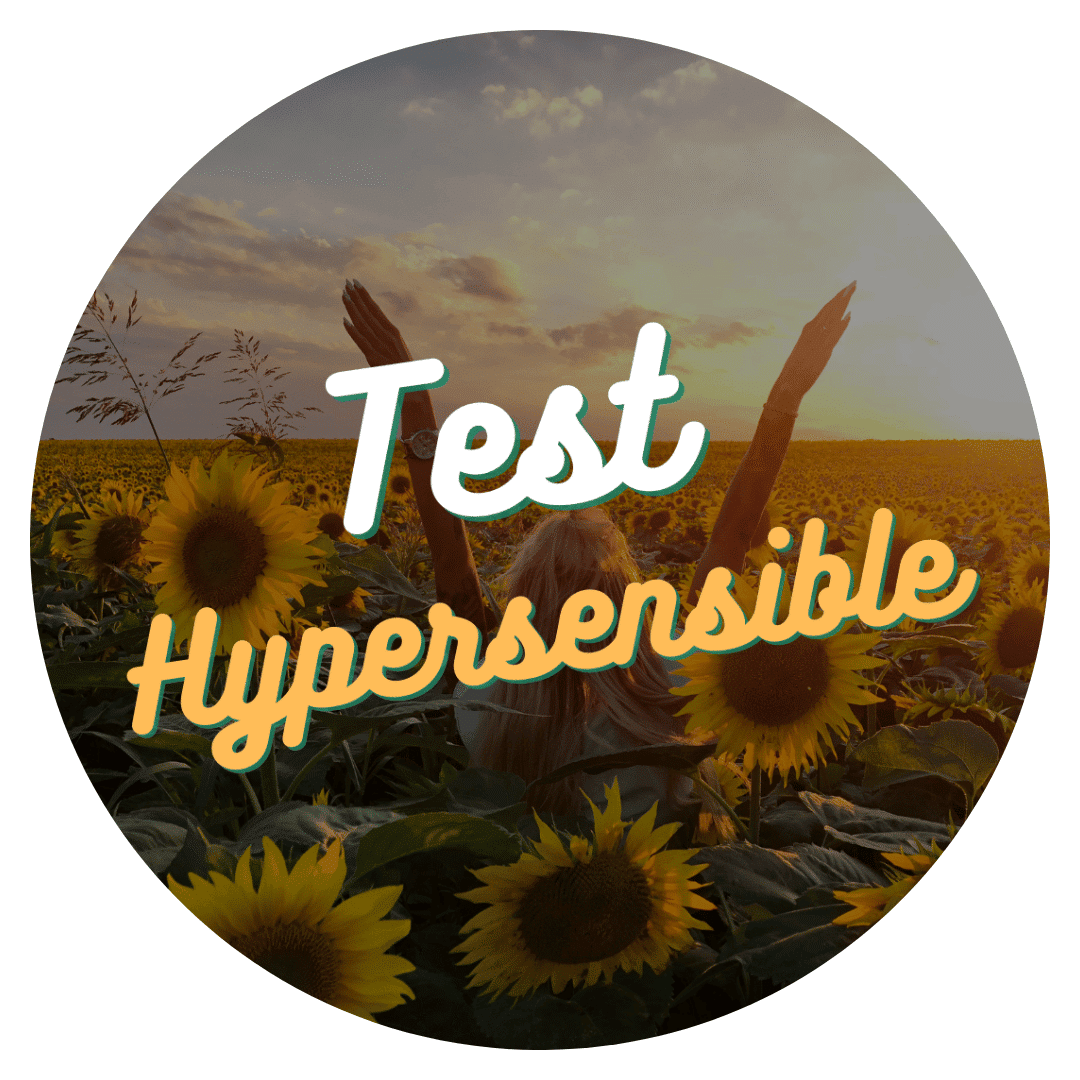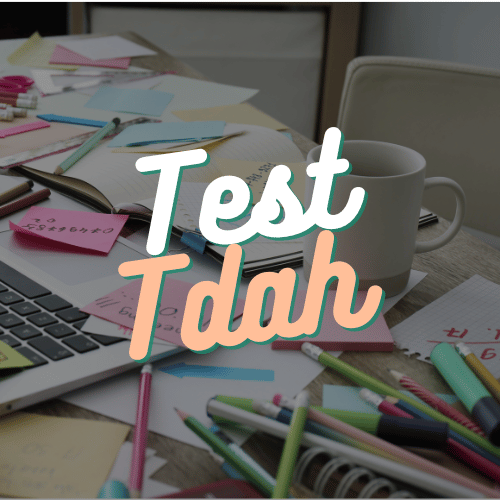Welcome to Suivez le Zèbre, the first blog dedicated to neurodiversityin France. Here you will find information about Giftedness (High Learning Potential), hypersensitivity, autism spectrum disorders (including Asperger’s syndrome), DYS disorders and ADHD.
What is burn-out?
Burn-out is an increasingly common problem in the professional world. It is a state of physical and mental exhaustion that occurs when one is faced with high levels of stress and pressure at work. Burn-out can affect anyone, regardless of age, gender or type of work.
When you come from a neurodiversity background, the risk of burn-out is higher because you experience everything more intensely. We conducted a survey in March 2023 that shows that out of a sample of 750 neuroatypical people, 67.2% have already had one! 🤯
Why are neuro atypicals more susceptible to burn-out?
Traditional work environments are not fully adapted to the specific needs of people who are neuroatypical. Noisy and bright work spaces, information overload and repetitive tasks can cause distress in people in general but especially in neurodivergents leading to a strong sense of exhaustion.
Neurodivergent individuals may be more sensitive to negative emotions such as stress and anxiety, which can make them more vulnerable to burnout. For example, people with ADHD may have difficulty managing their attention and impulsivity, which can lead them to feel overwhelmed in chaotic or multi-tasking work environments. People with autism may be more sensitive to changes in their environment and may have difficulty processing the emotions of others, which can make it difficult for them to navigate socially demanding work environments.
Our advice to avoid burn-out
- Learn to manage your time
One of the main causes of burn-out is the stress linked to an excessive workload . To avoid this, it is important to plan your time effectively. Set priorities and work on the most important tasks first. Learn to delegate less important tasks and say no to excessive demands that are not essential to your work.
- Take regular breaks
It is important to take regular breaks throughout the day to recharge your mental and physical batteries. Take a few minutes to relax, meditate or go for a walk. Take longer breaks whenever you can, planning vacations or days off to rest.
- Take care of your physical health
Physical health is closely linked to mental health. Make sure you take care of your body by eating healthy foods, exercising regularly and getting enough sleep. Take the time to get a massage or try other relaxation methods to help you relax and reduce your stress level.
- Finds a balance between work and personal life
It is important to find a balance between your professional and personal life. Avoid working late at night or working on your days off. Take time to enjoy with your family and friends, do activities you love and relax.
- Find emotional support
Emotional support is important for maintaining good mental health. Talk to friends, colleagues or a mental health professional if you need support. Avoid working alone and find opportunities to connect with others.
These tips are a first step in helping you take care of your mental and physical health.
If you recognize yourself in the characteristics of burn-out, we advise you to turn to a professional who will be able to help you take a step back and heal or evaluate your level of burn-out via our test: Am I in burn-out?
You can also find more information, resources and tools on High Potential in Mel POINAS‘ book. With a lot of humor, Mel tells the story of the discovery of her High Potential and the routines she put in place to finally find her place!

Le livre
Écrit par une HPI !
Un témoignage et des solutions concrètes pour découvrir, comprendre et apprendre à vivre en étant HPI.

Take care of yourself 😘
To go further, you can read
- What is neurodiversity?
- Giftedness and work, gift or burden?
- How to recruit and manage gifted profiles
- Finding your place in the company when you are Gifted











